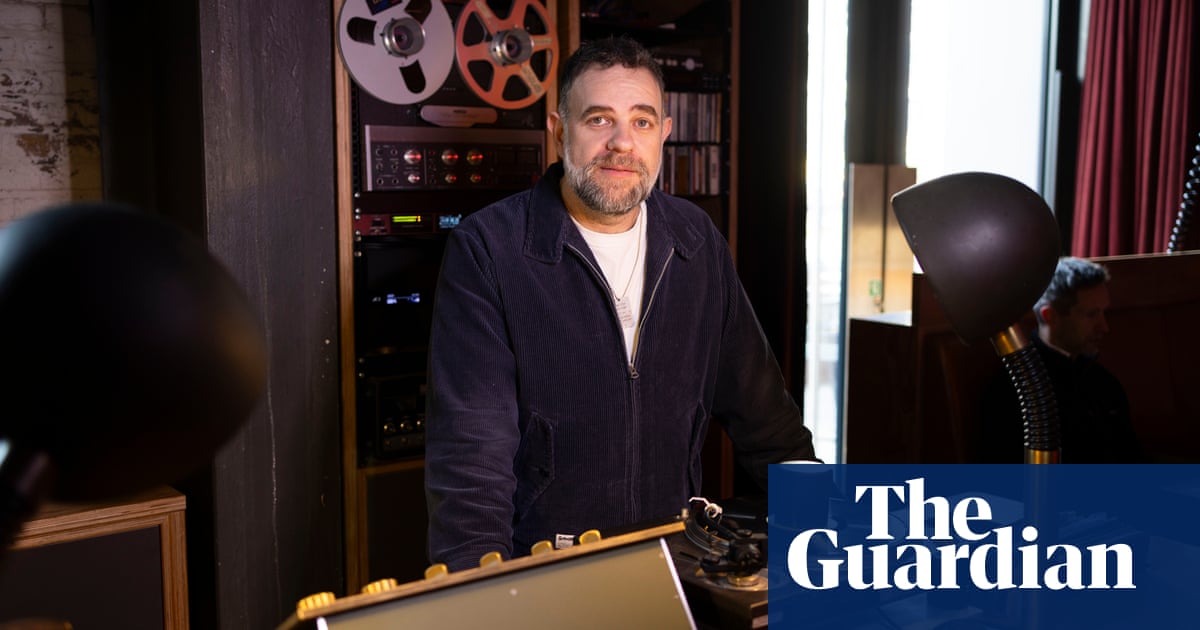Donald Trump has chosen a pair of establishment Republicans from Florida for senior roles in his administration as he builds a national security team that looks more hawkish than the isolationist America First brand of foreign policy that he has championed in public.
Trump was expected to select the senator Marco Rubio as his secretary of state, the US’s top diplomat, and has asked the congressman Mike Waltz, a retired Green Beret known as a China hawk, to become his national security adviser, a powerful role that would help shape his policies on the conflicts in Ukraine and Gaza, as well as around the world.
Rubio is a noted foreign policy hawk with hardline policies on China, Iran, and on Venezuela, where he has led US efforts to unseat the president, Nicolás Maduro. He was one of the earliest China hawks in Washington, where Beijing is now viewed with extreme scepticism by both parties, and has served as a co-chair of the bipartisan Congressional-Executive Commission on China.
On Ukraine he is likely to tailor his views to Trump’s and those around him, including Elon Musk and Donald Trump Jr, who have voiced sharp criticism of continued funding for Ukraine’s defence against the Russian invasion. Rubio was one of 15 Republican lawmakers to vote against a $61bn supplemental aid bill in the Senate earlier this year that led to a months-long delay of crucial funding for the Ukrainian military.
Rubio said earlier this month on national television: “I think the Ukrainians have been incredibly brave and strong in standing up to Russia. But at the end of the day what we are funding here is a stalemate war, and it needs to be brought to a conclusion, or that country is going to be set back 100 years.”
Rubio, whom Trump nicknamed “Little Marco” during his first presidential run, has gone from a regular target of Trump’s insults to a loyal surrogate to the Republican president-elect.
Trump had regularly denigrated him in the past as a member of the Republican establishment, calling him a “puppet” and saying he was a “nervous basket case”. But he has been in lockstep with Trump during the campaign and has worked with Democrats and fellow Republicans in the Senate foreign relations committee and intelligence committee, making it likely he will have an easy confirmation process in that body.
That stands in sharp relief to a reported rival for the role of secretary of state, Ric Grenell, Trump’s former acting director of national intelligence and ambassador to Germany, who has proven himself as a loyalist but was known in Washington and Europe as combative and would have faced a tough confirmation process.
after newsletter promotion
Waltz, Trump’s choice for national security adviser, has argued that Trump should move quickly to end the wars in Gaza and Ukraine in order to transfer US focus and military assets back to the Indo-Pacific region and counter China.
Those policies dovetail with Trump’s isolationist tendencies in terms of seeking a speedy resolution to the war in Ukraine, even if it is achieved by forcing Ukraine to make concessions to Russia.
“Supporting Ukraine for ‘as long as it takes’ in a war of attrition against a larger power is a recipe for failure,” Waltz and a co-author, Matthew Kroenig, wrote in an op-ed for the Economist this year. “The next administration should aim, as Donald Trump has argued, to ‘end the war and stop the killing’.” They said the US should use economic leverage on energy sales to “bring Mr Putin to the table”.
“If he refuses to talk, Washington can, as Mr Trump argued, provide more weapons to Ukraine with fewer restrictions on their use,” they continued. “Faced with this pressure, Mr Putin will probably take the opportunity to wind the conflict down.”
With regards to Israel’s war in Gaza, the pair appeared ready to give Benjamin Netanyahu carte blanche to “let Israel finish the job”, as Trump has said. They also suggested launching a “diplomatic and economic pressure campaign to stop [Iran] and to constrain their support for terror proxies”.
“Washington should maintain a military presence in the region, but with the war in Gaza and Lebanon concluded, it can transfer critical capabilities back to the Indo-Pacific,” they wrote.

.png) 1 month ago
13
1 month ago
13













































